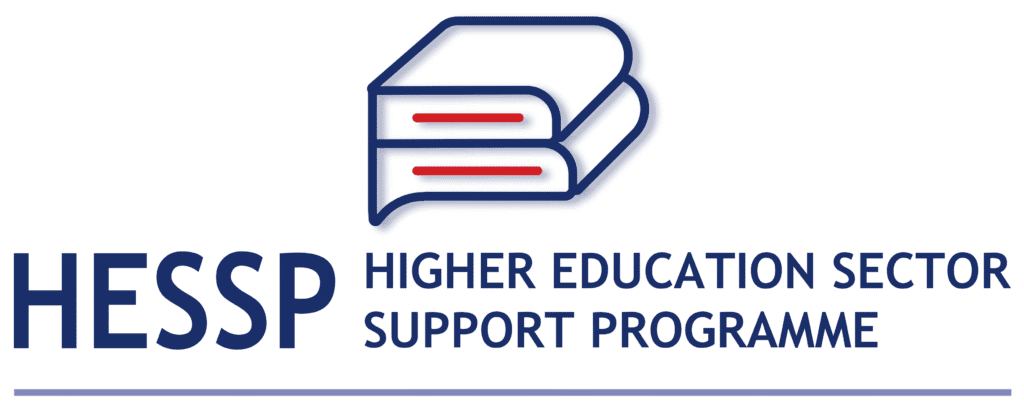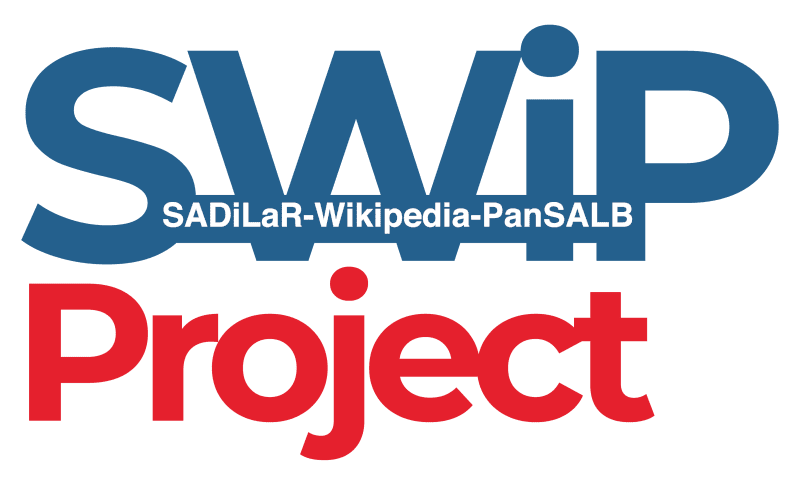The South African Centre for Digital Language Resources (SADiLaR) is a national centre supported by the Department of Science, Technology and Innovation (DSTI). SADiLaR has an enabling function, with a focus on all official languages of South Africa, supporting research and development in the domains of language technologies and language-related studies in the humanities and social sciences.
Latest news & events
SADiLaR amplifies visibility and impact during conference season
9 December 2025 The South African Centre for Digital Language Resources (SADiLaR) experienced a notable enhancement in visibility and outreach during 2025, primarily due to the active participation of its digital humanities researchers and operational teams at various conferences and events throughout the year. This increase in engagement aligns closely
New Research Software awards category launched
21 November 2025 The National Science and Technology Forum (NSTF), in proud partnership with the South African Centre for Digital Language Resources (SADiLaR), launched a new award category, the Research Software Awards – as one of 16 categories of the prestigious and highly acclaimed NSTF-South32 Awards. This new category is
REACT: Reducing the Educational Achievement Gap through Community-Led Technology
17 November 2025 In a country as linguistically rich and diverse as South Africa, language is not only a tool of communication; it is also a gateway to learning, identity, and empowerment. Yet, for many children growing up in under-resourced environments, this gateway remains difficult to access. Reducing the Educational



